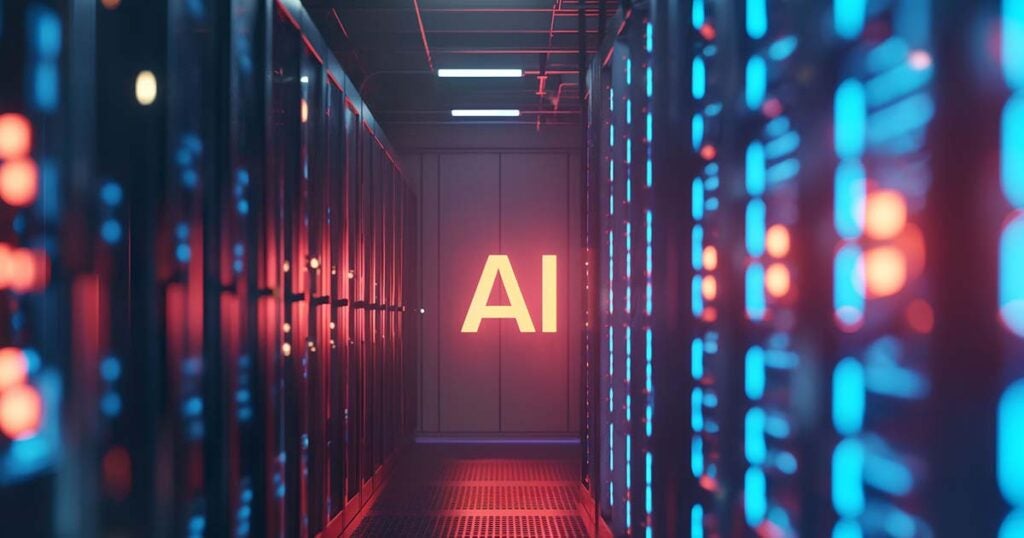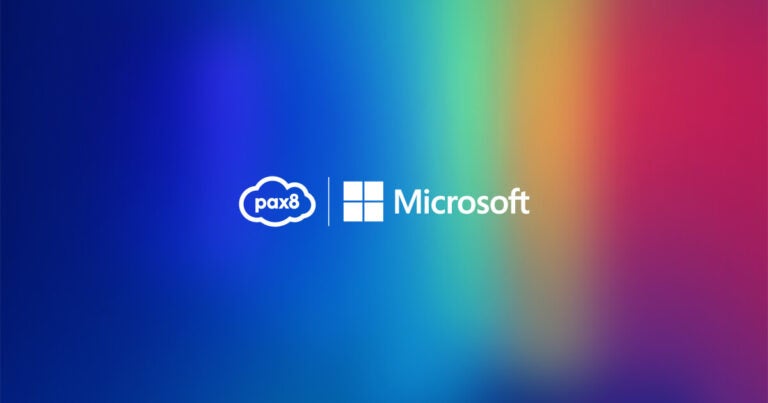Let’s face it—cybersecurity is complicated, and it’s only getting harder for everyone involved. It’s your job as a managed service provider (MSP) to help clients navigate this treacherous terrain and keep their business safe from lurking cyber threats. But how do you explain the importance of robust cybersecurity measures without sounding like a nag? It may sound counterintuitive, but artificial intelligence (AI) can help you make your cybersecurity arguments both understandable and convincing, helping keep your clients safe while unlocking new business. Let’s unpack how AI can demystify cybersecurity, enhance your arsenal of tools and demonstrate the massive value of your services to your clients.
How You Can Use AI to Simplify Complex Cybersecurity Concepts for Clients
Imagine trying to explain the concept of data encryption to the average business owner—cue the blank stares and eyes glazing over. AI can turn this around.
With tools like Copilot or OpenAI’s GPT-4, you can break down the tech-speak into everyday language. Think of text-based generative AI as an assistant that can take all of those complicated arguments for enhancing your cybersecurity posture and whittle them down to easily readable emails and nuggets of informational gold to help you prep for client meetings.
Practical Examples of AI-Powered Tools That Can Enhance Cybersecurity
Now let’s get into some practical uses of AI beyond helping you quickly explain things. AI is now starting to be incorporated into cybersecurity solutions, helping you offer another layer of protection with human-in-the-loop workflows.
Tools like Cynomi’s AI-powered Virtual CISO (vCISO) platform use AI to automate cybersecurity management tasks and crunch data into simplified processes, allowing MSPs to serve their clients more efficiently. IBM MaaS360 offers AI-powered, actionable insights that can help MSPs proactively protect against threats. SentinelOne Purple AI uses AI to help organizations detect, investigate and respond to cyber threats faster. And Sophos solutions are backed by real-time threat intelligence from Sophos X-Ops, a team of security professionals that use AI to proactively protect against cyberattacks.
Solutions like these are exciting developments because they go beyond what mere mortals can do, helping keep your clients safer. To those clients who ask, “How else can I use AI besides writing emails and meeting notes?” you can say, “It’s built into these solutions,” giving you a window to promote your worth.
How AI Can Help Predict and Prevent Cyber Threats
Your clients may not be convinced that they need AI to help in their cybersecurity efforts. But AI truly shines in its predictive superpowers. It excels at analyzing patterns and flagging anomalies way faster than humans can.
For this reason, cybersecurity is one of the best uses of AI in the business setting. It can use these powers of pattern recognition to help you predict and prevent cyber threats by leveraging machine learning to analyze vast amounts of data and identify anomalies that may signal potential attacks. This allows for early threat detection, automated incident response and proactive security measures. For example, it can look at patterns from previous phishing attempts to identify similar characteristics in new emails.
Plus, AI helps you monitor your clients’ networks, endpoints and applications in real-time and respond immediately. Enhanced cybersecurity protection that works 24/7? Who would say no to that?
The Challenges of Integrating AI Into Existing Cybersecurity Frameworks
AI is exciting and all, but let’s be real—it’s not all rainbows and unicorns. Integrating AI into existing frameworks comes with its own set of hurdles.
AI models, especially LLMs, can sometimes be more confident than correct. That’s because they’re designed to provide answers, even if those answers aren’t always accurate. A recent study put OpenAI’s latest model, ChatGPT-4o, at 88.7% accuracy, with other models scoring between 50% and 80%. This means you’ll need human expertise to validate AI outputs. While AI can notify you about possible security flaws and incidents, it may not always be correct, and it’s up to you to analyze, triage and respond to these notifications. Unfortunately, it’s far from a set-it-and-forget-it kind of thing.
Another big challenge? Enabling AI can itself introduce cybersecurity vulnerabilities, if you’re not careful. You’ll need to work with your clients to ensure they properly label their data and that the right access controls are in place so sensitive data isn’t fed into AI tools that can be seen by everyone in the organization. Building ethical AI depends on transparency and accountability, and that’s a burden you’ll have to share with your clients.
This challenge can also be a business opportunity for you. Offer to help your clients dig into their data to determine what’s sensitive and classify it accordingly. Pax8 can actually help partners get their clients’ environments ready for AI—learn more.
Looking to the Future
The future of AI in cybersecurity is brighter—and possibly scarier—than you think. As AI tools continue to get smarter, their role in cybersecurity will expand, offering more advanced tools and even autonomous defense systems. We’re talking about AI that doesn’t just detect and respond to threats but predicts them with unnerving accuracy. Quantum computing integrated with AI could make encryption methods we use today look like children’s toys. It’s a game-changer that could redefine everything we know about cybersecurity.
Currently, AI gives MSPs an arsenal of tools to make cybersecurity understandable, actionable and demonstrable. It helps us move from complex jargon and start speaking the language of results. Through both its ability to explain complex topics and infuse solutions with additional capabilities, AI has the potential to unlock new revenue streams for MSPs. But it’s not a silver bullet. Incorporating AI tools into cybersecurity efforts means MSPs need to be super duper diligent about securing sensitive data, and you can’t rely on it to do everything for you without checking and double-checking what it flags.
Luckily, Pax8 can help you become the AI-powered cybersecurity superhero that saves the day, time and time again for your clients. From coaching and AI courses at Pax8 Academy to complementary support from our Professional Services team to vetted solutions in the Pax8 Marketplace, we’ve got you covered. Get in touch if you’d like to start exploring this exciting intersection of AI and cybersecurity with our experts and you’ll be well on your way to growing your business with next-level cybersecurity services.





